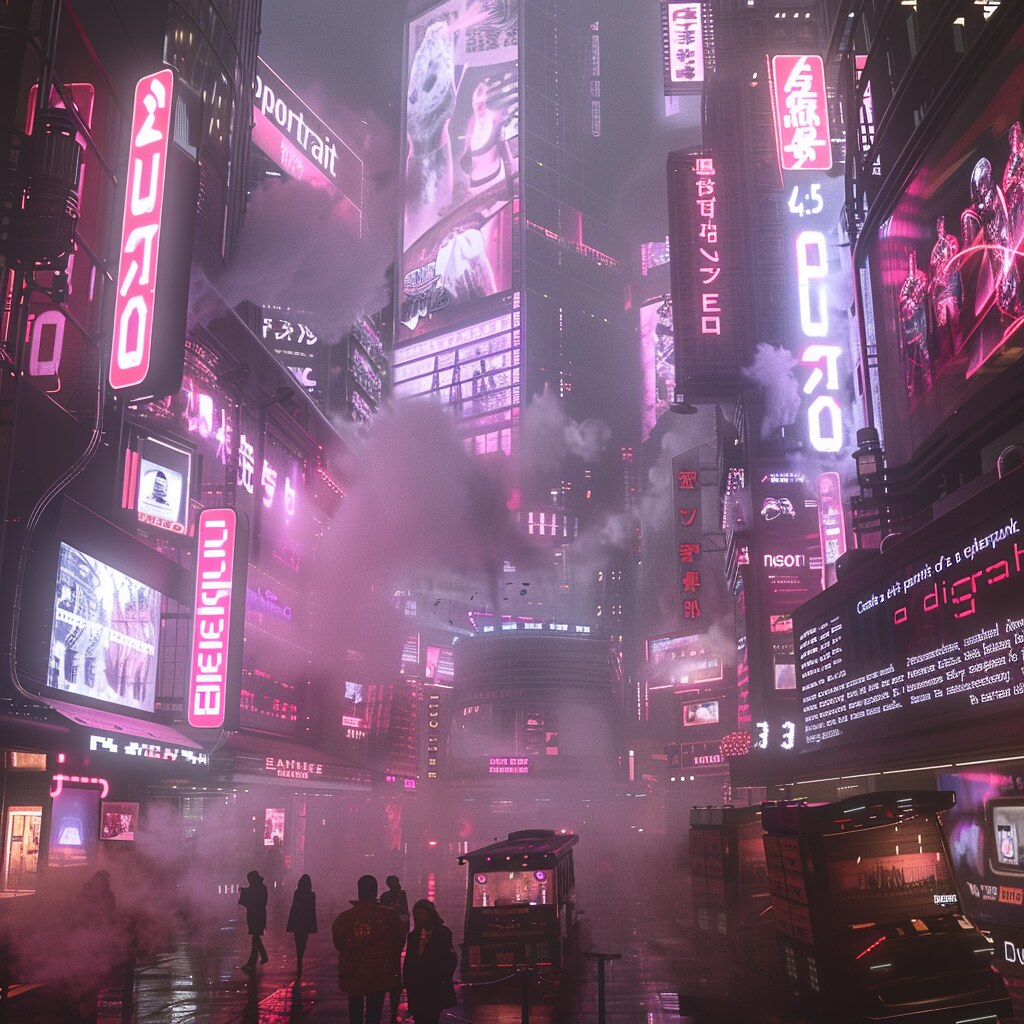Blade Runner hit the big screen in 1982, it offered a dystopian glimpse of the future, complete with towering corporate skyscrapers and a cityscape dominated by neon and perpetual rain. This world is the Tyrell Corporation, a creature responsible for manufacturing the genetically engineered replicants. The company’s slogan, “More human than human,” encapsulates its eerie fusion of power and ambition. But as we take stock of our contemporary world, the big question looms: Are today’s corporations inching toward the Tyrell blueprint? Or is Blade Runner a hyperbolic critique that can never be fully realized?
First, consider the Tyrell Corporation itself. It’s a monopoly of staggering proportions, wielding influence over life and technology. In our world, we see echoes of Tyrell in real-life tech conglomerates. Companies like Amazon, Google, and Meta possess an astonishing level of control over information, commerce, and communication. The development of generative AI, facial recognition, and advancements in biotechnology are increasingly blurring the lines between human and machine, mirroring Tyrell’s world of near-human replicants. For instance, Boston Dynamics’ lifelike robots or Neuralink’s brain-machine interface experiments are striking reminders of Tyrell’s once-fictional vision.
But does this mean we are truly headed toward a Blade Runner reality? Let’s think about the concern.
On one hand, the growing privatization of what were once considered public domains—such as space travel, with Elon Musk’s SpaceX and Jeff Bezos’ Blue Origin—suggests that these tech giants are expanding in ways previously unimaginable. The consolidation of data and wealth grants these corporations influence comparable to that of small nations. And yet, the dystopian setting of Blade Runner serves as a hyperbolic warning rather than a direct prediction. Tyrell’s world is exaggerated to jolt us into self-awareness, to make us wary of unchecked corporate power.
Still, in our time, there are significant safeguards—government regulations, whistleblower protections, and an increasingly vocal global citizenship—that work to reduce monopolistic abuse. These checks aren’t fail-proof. Climate change, for example, reveals the tension between corporate profit and environmental responsibility. Think of how companies market eco-friendly practices, sometimes more for PR than genuine impact, echoing the superficial gloss of Tyrell’s “advanced” society.
Ultimately, Blade Runner serves as a thought experiment rather than a clear map to the future. Yet, as corporations continue to shape our world, the film’s themes remind us to remain vigilant and reflective. If nothing else, the story tells us that progress without accountability can indeed become a dystopian nightmare—and that’s a lesson we shouldn’t dismiss lightly.

This post is a response to a challenge set, as a result of Task 2, by Frank Polster, a fellow course participant on Stephen Downes’ MOOC, E-Learning 3.0. https://jennymackness.wordpress.com/2018/11/09/e-learning-3-0-the-human-versus-the-machine/






